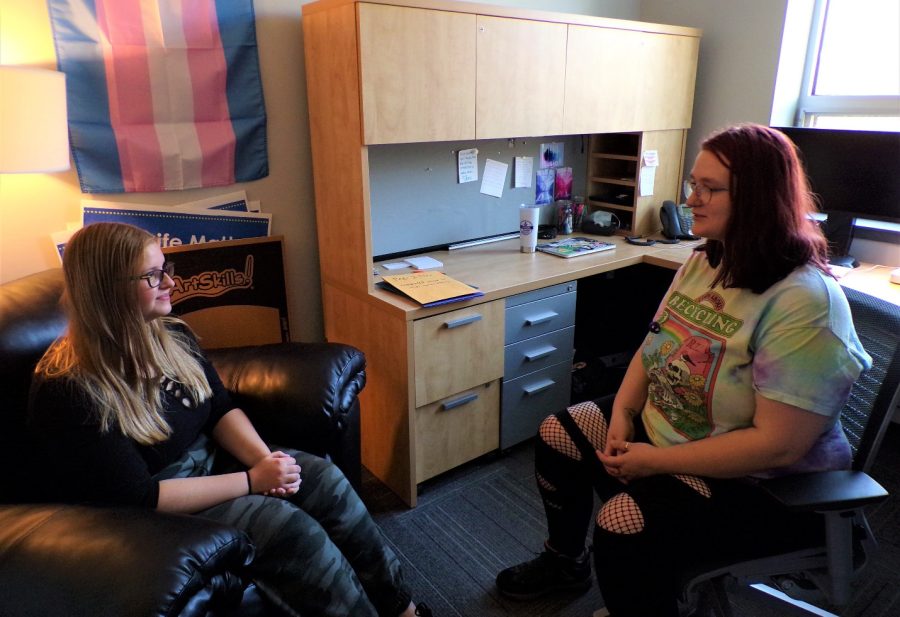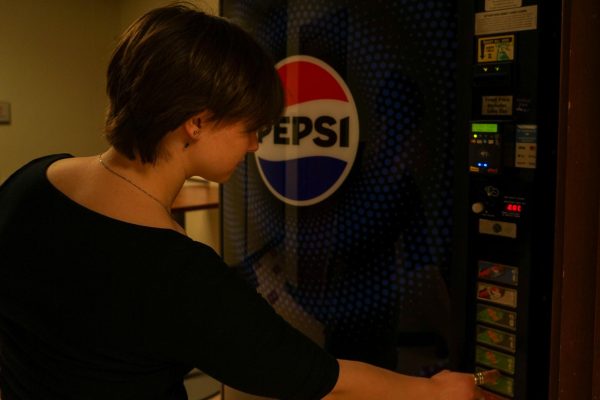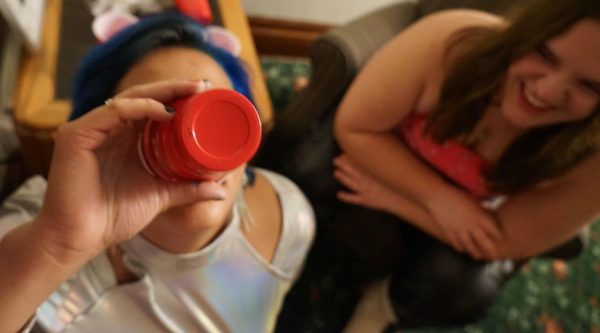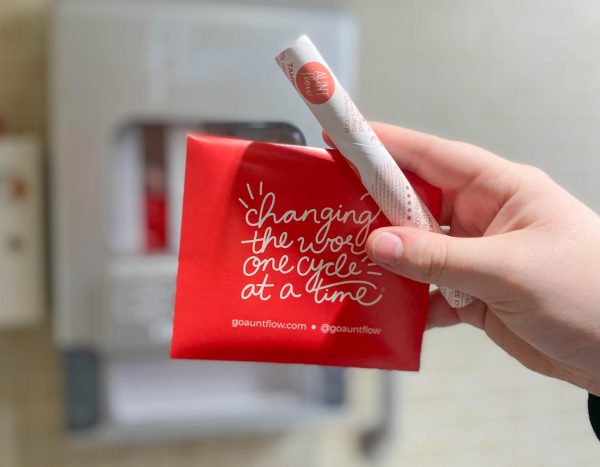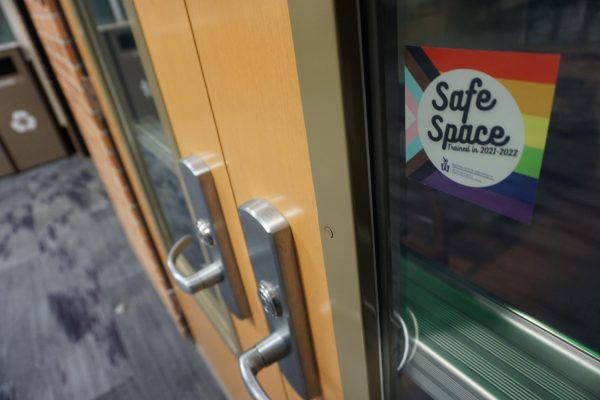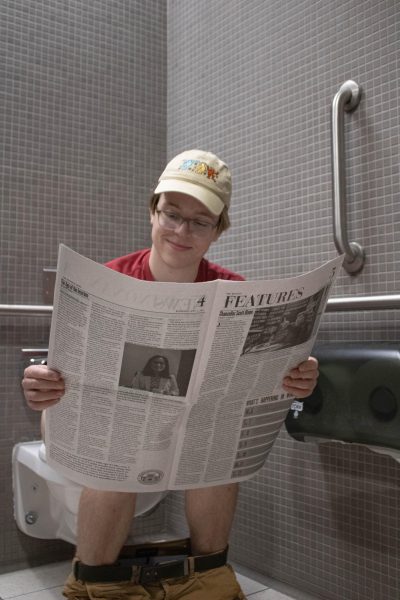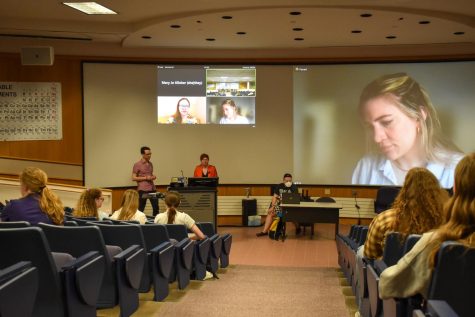New peer counseling program provides greater access to therapeutic services
Starting the week of Oct. 17, students can experience the services Peer-to-Peer provides. There are no costs associated with the program. Peer counselors provide up to five hours of available meeting times per week at The WELL in IWC 138.
October 28, 2022
When entering room 138 in the Integrated Wellness Complex, also known as the WELL, students will see a lounge with comfortable seating, including a massage chair. There is also an office available if students would like more privacy.
This is where Winona State University’s new resource, Peer-to-Peer, is located. Starting the week of Oct. 17, students can experience the services Peer-to-Peer provides.
Students can connect with Peer-to-Peer through a referral from counseling services, their marketing material or the email “[email protected].” There are no costs associated with Peer-to-Peer’s services.
Peer counselors provide up to five hours of available meeting times per week. Twelve hours a week, there are “drop-in” hours at the WELL.
A single session is about 30 minutes. However, individual peer counselors can choose to extend the lengths of their sessions.
Kateri Johnson, the director of counseling and wellness services, is the coordinator of Peer-to-Peer advising.
Johnson described Peer-to-Peer’s purpose stating it was created to provide support for students from someone who was not their friend or a licensed counselor.
Johnson spoke on what students are looking for and what peer counselors can provide.
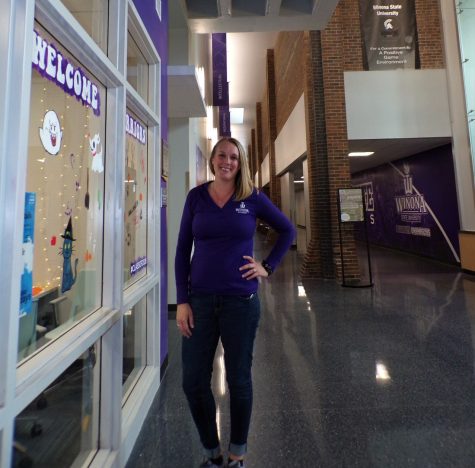
“They are dealing with some situations and want to talk through those situations, but not with a roommate, friend or family member. They want someone who is unbiased, and a peer counselor can be that unbiased person,” Johnson said.
It is also an opportunity for students to get volunteer hours and experience by helping their peers. Peer-to-Peer alleviates the full schedules of the licensed counselors as well.
Currently, there are seven peers who are a part of the program. They were selected by various recommendations from faculty members in health exercise and rehabilitative sciences (HERS), psychology, nursing and more.
The selected peers were then interviewed by Johnson. Seven out of the eight potential members’ schedules worked well with the needs of the Peer-to-Peer program.
In the future, there will be a webpage students can navigate to from the counseling services webpage. It will list the peer counselors and give a brief biography of each.
Students will then be able to read these biographies and pick the best match for them. For the time being, it is based on the scheduling and availability of the peer counselors.
Kaylen Vitch, a second-year at Winona State, is one of the peers involved in this program. Vitch is majoring in nursing and minoring in Spanish.
Vitch explained how peer counselors can help with roommate problems, creating healthy habits, adjusting to college, making friends, relationship issues and homesickness.
Vitch spoke on one of the goals of Peer-to-Peer.
“It’s very much designed around what the student needs. So if they’re like, ‘Man, it’s been a rough day, I just need to talk,’ that’s totally okay. There’s no judging. There’s no assumptions. We try to keep bias out of it, it’s just what the student really needs,” Vitch said.
All peers involved in this program are safe space and mental health first aid trained. They also go through a six-hour training specifically for Peer-to-Peer led by Johnson.
In total, each peer has gone through 12 to 14 hours of training for this role, according to pre-nursing major and peer counselor, Josie Holmstrom.
Holmstrom noted how Peer-to-Peer is a great resource for students who have never gone to therapy or counseling before.
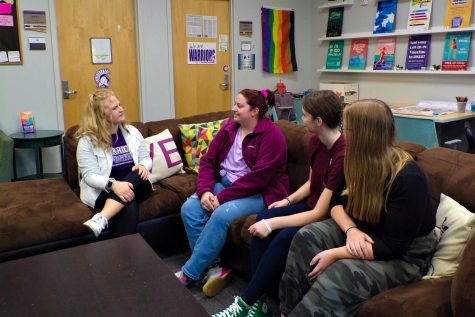
“It’s like a ground zero. Some of the Peer-to-Peer counselors will bring in blankets, games, coloring and other things to do, because we don’t have to talk about it. We can just sit there and play a game with you. That’s what we’re there for,” Holmstrom said.
Both Vitch and Holmstrom agreed that one advantage of Peer-to-Peer is that it allows students to speak to someone who is around the same age and who has experienced many similar situations.
Vitch encouraged students to use the services Peer-to-Peer provides.
“Try it. Don’t be afraid to ask for help. Don’t be afraid to talk to somebody. There are a bunch of wonderful people in this program, and it does not hurt to try it out for one session,” Vitch said.























































